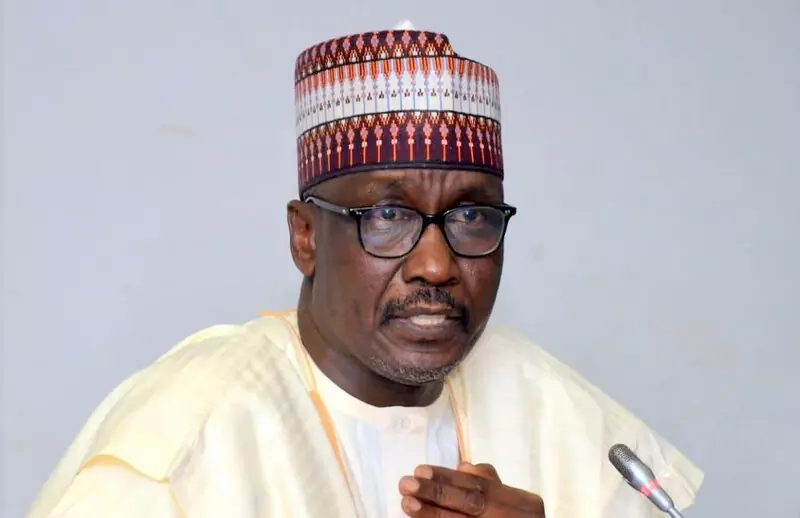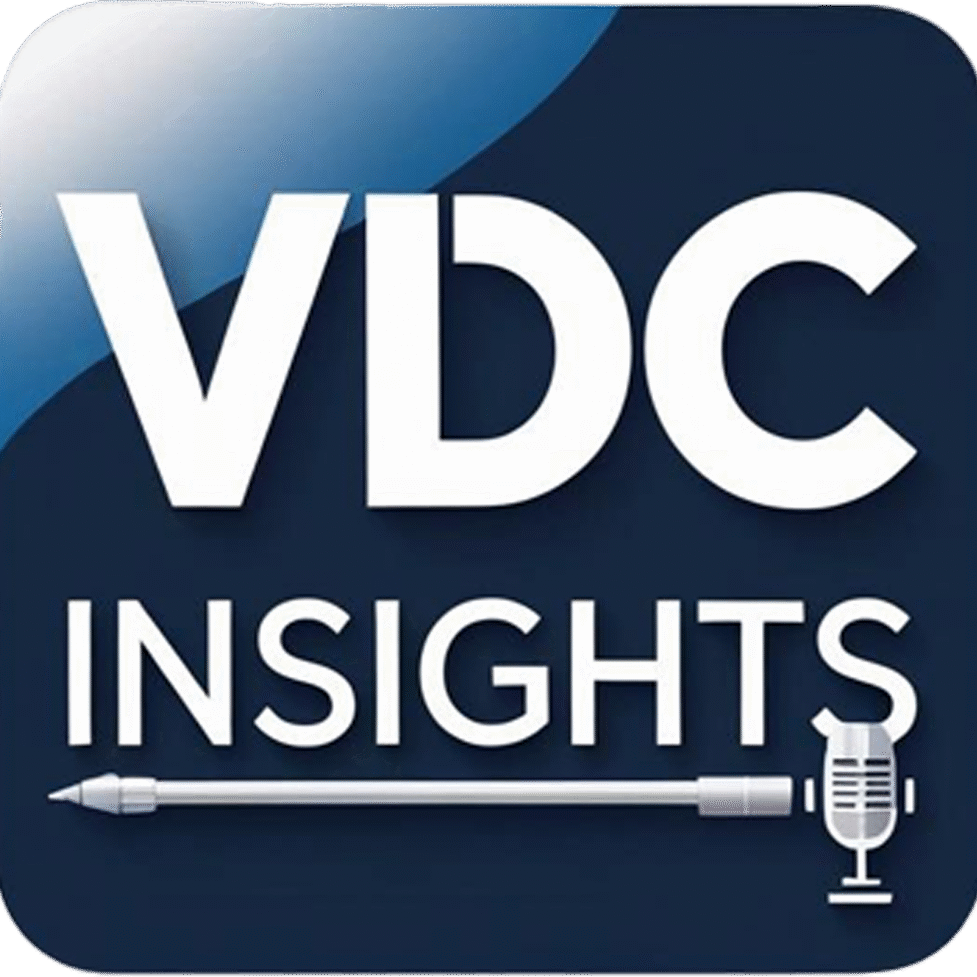The Human Rights Writers Association of Nigeria (HURIWA) has cautioned the Economic and Financial Crimes Commission (EFCC) to exercise restraint, professionalism, and transparency in its ongoing investigation into the four Jaiz Bank accounts linked to the immediate past Group Chief Executive Officer of the Nigerian National Petroleum Company Limited (NNPCL), Mele Kyari.
HURIWA’s reaction followed reports that Justice Emeka Nwite of the Federal High Court in Abuja ordered the freezing of the accounts after an ex parte application filed by the EFCC.
The Commission alleged that inflows totaling about ₦661.4 million traced to the accounts, some of which were domiciled in the name of the Guwori Community Development Foundation, were suspicious and possibly proceeds of unlawful activities.
The matter has been adjourned until September 23 for further hearing and for the EFCC to report on the progress of its probe.
While affirming that it does not oppose lawful investigations by anti-graft agencies, HURIWA expressed concern that the development bears the hallmarks of a media trial and may be designed to tarnish the reputation of Kyari, a man whose tenure at the helm of NNPCL was widely associated with reforms in transparency and accountability.
The rights group stressed that the EFCC must be vigilant not to allow itself to be used by fifth columnists or politically motivated actors who may be bent on rubbishing the legacies of reform-minded leaders after they leave public service.
HURIWA recalled that during his time in office, Kyari invited the EFCC into the NNPC to partner on governance and audit processes, an unusual step in a sector often criticized for opacity. He also oversaw the regular publication of the company’s audited accounts, a first in decades, and was applauded by stakeholders for his openness.
“It is disturbing that the same man who institutionalized a culture of openness in the NNPCL is now being hounded in a manner that suggests a premeditated agenda to rubbish his legacy,” HURIWA stated.
The association further pointed to the controversy surrounding a book launch organized in Kyari’s honor during his tenure. HURIWA noted that books launched in honor of public officers are not unusual in Nigeria, stressing that what matters is whether the funds raised were diverted for private enrichment or applied to legitimate purposes.
It observed that while some accounts suggest Kyari had reservations about the launch and sought to distance himself from it, others indicate that well-wishers went ahead regardless. What is clear, the group maintained, is that the event was publicly organized and funded by associates and friends, not conducted in secrecy.
HURIWA stated, “To attempt to criminalize that process without concrete evidence of wrongdoing is unfair and unjust. Unless there is proof that the funds were misappropriated, such gestures should not be weaponized against individuals.”
The group also reminded Nigerians that while Kyari was in office, several groups—allegedly funded by vested interests—staged protests demanding his arrest. HURIWA said this showed that he had long been a target of forces unhappy with his policies or unreceptive to their demands. The association expressed concern that the EFCC’s latest move could be interpreted as a capitulation to those same pressures rather than a neutral pursuit of justice.
HURIWA warned against a recurring pattern in Nigeria where senior public servants who undertake difficult reforms are vilified after leaving office, noting that such practices discourage bold leadership.
The association cautioned, “Nigeria cannot afford to keep sending the wrong signal to reform-minded leaders. If every public servant who strives for transparency is eventually demonized, then no one will have the courage to challenge entrenched interests.”
While acknowledging that the EFCC has a constitutional mandate to investigate allegations of graft, HURIWA underscored the need for professionalism in handling sensitive matters. The group criticized the apparent leakage of information about the court’s freeze order to the media, noting that the Commission did not issue a formal briefing. It said such leaks risk prejudicing public opinion and undermining the presumption of innocence.
It said, “Media sensationalism does not serve the cause of justice. If there is credible evidence of misconduct, let the EFCC conclude its investigations and present its case in court. Anything short of this amounts to trial by media, which undermines the rule of law.”
The rights group insisted that Nigerians expect accountability but also demand fairness. It advised the EFCC to focus on discreet and professional investigation, adding that if sufficient evidence is established linking Kyari or any other former official to financial misconduct, due prosecution should follow. However, it urged that if no wrongdoing is proven, the accounts should be unfrozen and Kyari’s name cleared of suspicion.
HURIWA further urged the administration of President Bola Tinubu to ensure that the anti-corruption war is not hijacked by disgruntled political actors or economic saboteurs. It emphasized that the fight against corruption should strengthen institutions, not weaken public trust by appearing to persecute individuals unjustly.
Reiterating that its position is not to exonerate Kyari but to demand a fair and transparent process, HURIWA concluded, “We are not saying anyone is above the law. If there is evidence of fraud, let the EFCC prove it in court. But if this is another attempt at character assassination, then Nigerians must see through it and reject it.”

